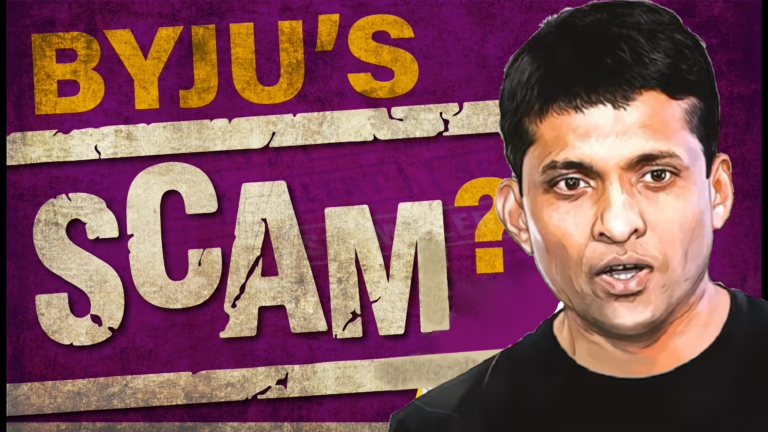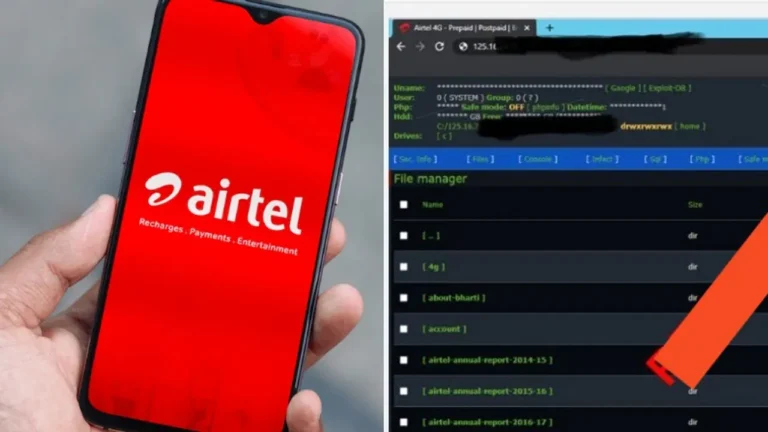
peyush bansal
There appears to be something unusual and dubious about what is happening in the Indian startup scene. Eyewear giant Lenskart, which was led by Peyush Bansal of Shark Tank India, has had its valuation increases 70,000 crore in October, barely prior to its planned IPO, just an increase of 8,700 crore in July.
For advertisement on our platform, do call at +91 6377460764 or email us at contact@thephilox.com.
In July Peyush Bansal is said to have repurchased 4.26 crore shares of the old investors at an approximate cost of 222 crore which gave the company a valuation of 8700 crores. Then, it appeared to be a normal company reshuffle. However, only three months after, the value of the company has been more than eight times as it prepares to go public.
In case these figures are true, Bansal is going to enjoy a personal profit worth more than 1,600 crore – in a period of mere 90 days. And this financial magic in a flash has aroused solemn eyebrows in the business world.
Analysts and analysts are wondering how such a drastic increase in valuation can occur in such a brief period without any significant breakthrough, takeover or significant increase in revenue. Since July, there has been no apparent change in Lenskart business model and financials. No new fund round, no breakthrough product and no major international expansion warrant this burst.
So, what exactly changed?
The question is not in the development of the business, but in time and market positioning, as many believe. The repurchase of shares at a discounted value and the subsequent IPO will ultimately be conducted at a high-value, a few times later, has facilitated a financial windfall to Bansal, a windfall which legally, but dubiously, is justified.
This unpredictable bubble of value begs a worrisome question of how the financial ecosystem in India is transparent and regulated. What happened to SEBI when this huge valuation soar went unnoticed? Are the regulatory authorities remaining oblivious to such practices that may confuse investors before public offerings are made?
When SEBI does not intervene on such issues, it will create a bad example. It is an indication that founders are free to bend valuations to their benefit, and the retail investors are on the losing side as they will later purchase overvalued shares.
Peyush Bansal who was once fancied to be a construction of an honest and customer-driven brand, is now sitting in an awkward place. This would be a big blow to his reputation as the so called ethical Shark of India, in the event that these valuation games are found to be a case of strategic profiteering.
Startups are built on innovation and not manipulation. In the event that unicorn ecosystem in India begins to pay off in financial engineering as opposed to real growth, the validity of the sector as a whole might collapse.
With or without the intervention of SEBI, one thing is apparent, the valuation jump that Lenskart has made is too enchanted to be overlooked.





